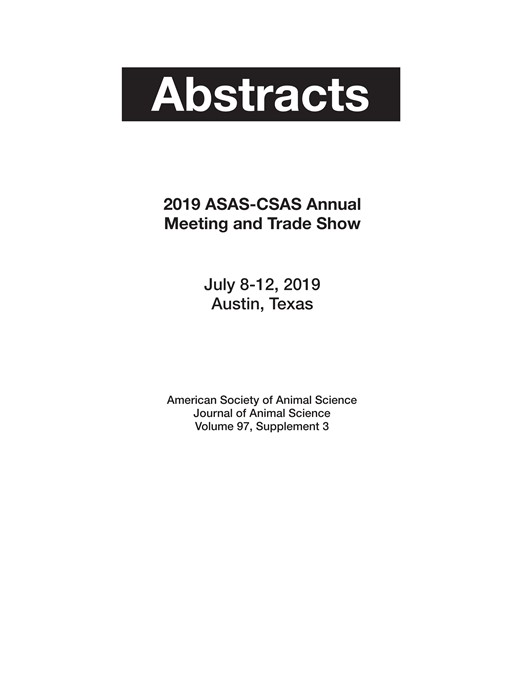-
Views
-
Cite
Cite
Liat Morgan, Boris Yakobson, Tal Raz, 239 Stray and abandoned dog overpopulation management- Israel’s unique system, Journal of Animal Science, Volume 97, Issue Supplement_3, December 2019, Pages 63–64, https://doi.org/10.1093/jas/skz258.132
Close - Share Icon Share
Abstract
Dog overpopulation is a major problem worldwide, which impacts animal welfare and health, as well as public health. In Israel, a unique governmental database is managed in order to enforce mandatory dog registration and rabies yearly vaccination policy. In addition, since 2012, a unique online searchable database has been gathering most homeless pets offered for adoption from non-profit organizations and municipal shelters (http://Yad4.co.il). Our objectives were (1) to investigate the registered dog population in Israel and to assess its association to the abandoned dog population; and (2) to reveal the risk factors for a dog to be adopted or to stay at the shelter. Data analyses included 758,288 registered dogs and 22,545 adoptable dogs. Analyses revealed that only 214,101 out of the 343,872 dogs that are registered as “active” are known to have owners. Approximately 40,000 dogs “disappear” from the database every year, which means that some of them may be abandoned. Multi-Variate Linear regression strengthened it by revealing that the number of abandoned dogs increased by the numbers of active registered dogs and dogs which had “disappeared” from the database in the previous year (P < 0.05). Among the registered dogs, 8% were younger than one year, but only 1.7% of the abandoned dogs were that young. Among these dogs, the risk factors to stay at the shelter were when the dogs were described as: “mix-breed”, “male”, “suitable for senior” or “for athletes” (P < 0.05). In conclusion, a governmental national database is an important dog population management tool, with the potential to predict the number of abandoned dogs. Since most abandoned dogs are older than one year, promoting responsible ownership would be vital. Moreover, a national online database, such as Yad4 website, may successfully improve dog adoption rate, while dogs’ description online significantly impacts the adoption chances.





